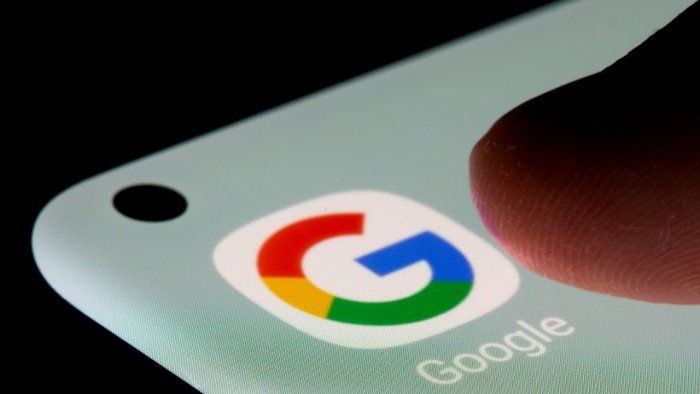Google released a new policy that bans climate-denying ads and will not monetize YouTube content with misinformation.
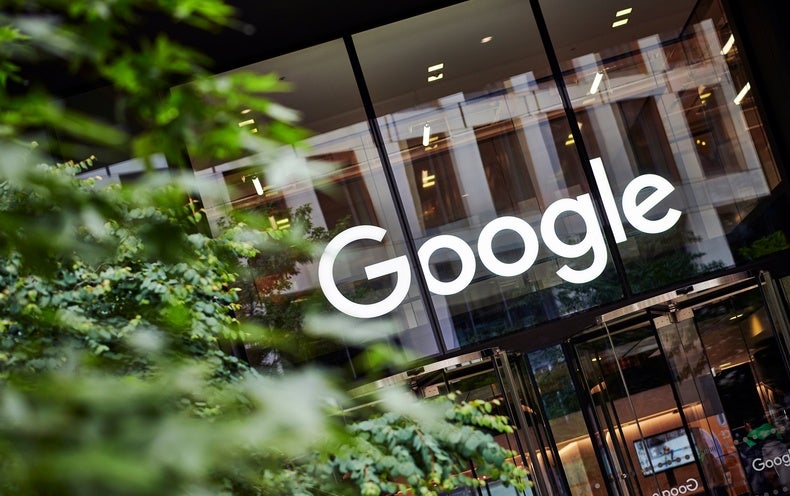
Photo Credit: Scientific America
The company will not run ads on YouTube or monetize content that contains climate change misinformation. This is in response to advertiser and content creator complaints that they do not want their content alongside misinformation.
The policy will be inforced by automated tools and human reviewers and is set to come into effect in November.
The new policy was announced in a blog post on Thursday. “Advertisers simply don’t want their ads to appear next to this content,” the company wrote.” And publishers and creators don’t want ads promoting these claims to appear on their pages or videos.”
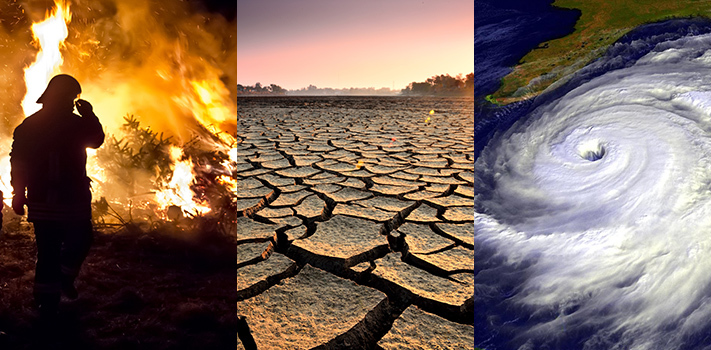
Photo Credit: NASA
Climate change is a pressing issue that is backed by science. Content creators and brands that recognize the urgency of climate change don’t want to be associated with the spread of misinformation.
There is a growing concern for climate change as more and more people are experiencing extreme weather events. A study was done by Global NEWS that found 24% of Canadians feel more urgency to fight climate change in the wake of the extreme heat and wildfires that devastated the west.
The policy aims to prohibit the denial of “well-established scientific consensus around the existence and causes of climate change,” stated the blog post.
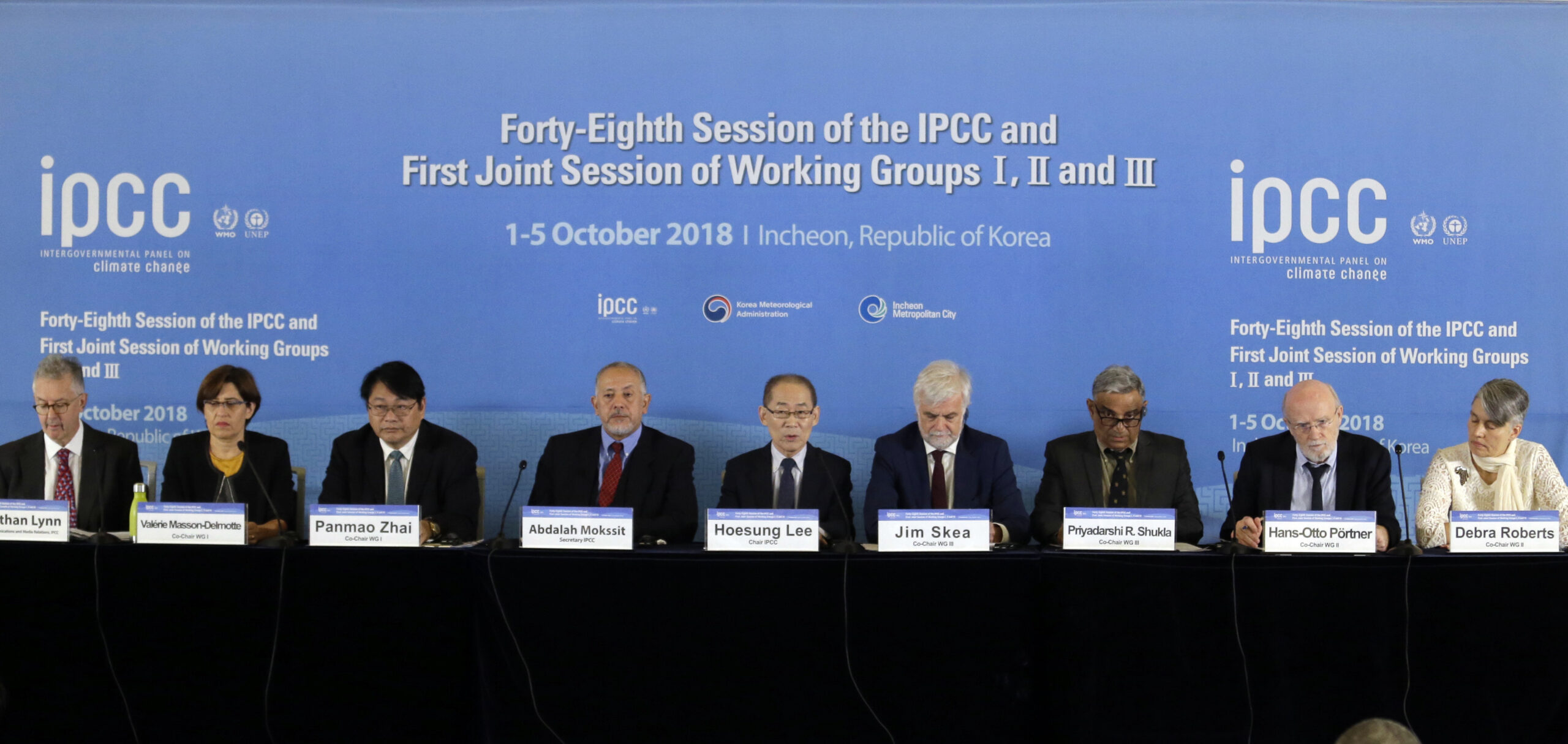
Photo Credit: Accu Weather
In August, The United Nations Intergovernmental Panel on Climate Change finalized the first installment of its Sixth Assessment Report comprised of the latest climate science. The report was finalized by 200 top climate scientists and labelled the climate crisis as a ”code red for humanity.”
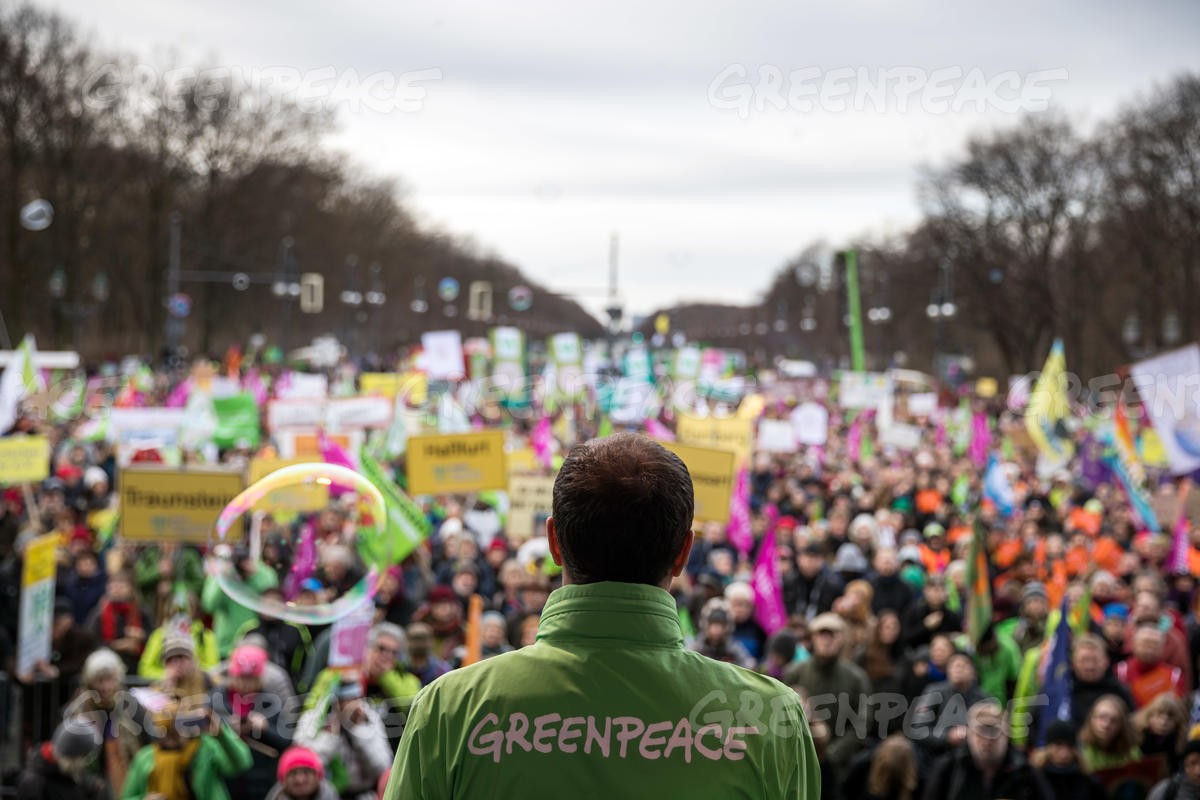
Photo Credit: LinkedIn
“Good news but nowhere near good enough,” Greenpeace said via Tweet in response to Google’s new policy. “It’s time to take the microphone away from big polluters and their slick propaganda, and get on with the real climate action that we so desperately need.”
Climate scientists have been warning governments and the public for years about the effects of climate change, many of which we are seeing today. Misinformation slows down the momentum of the cause and is most commonly found on social media.
More and more people get their news and current events online and it can be very easy to find information that satisfies individual biases. Google’s effort to stop the spread of misinformation is a step in the right direction.


